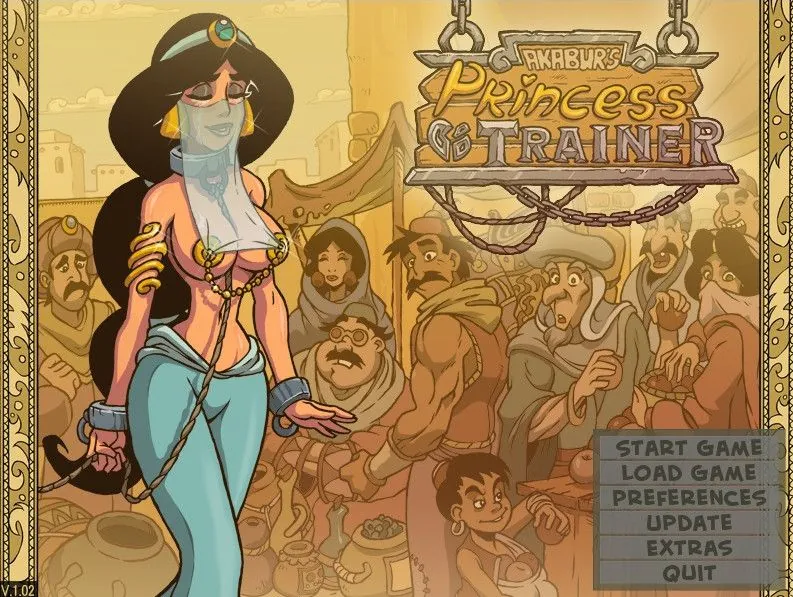
False Hero
Play False Hero
False Hero review
A Deep Dive into the Corruption-Based Game
False Hero is a game that delves into the realm of corruption, offering players a unique experience where they can choose the path they want to take with each character. This game allows for a personalized journey, exploring themes of choice and consequence. In this article, we’ll explore the game’s mechanics, its appeal, and what makes it stand out in its genre.
Gameplay Mechanics and Features
“The first time I realized my noble knight was secretly embezzling kingdom funds for a demonic pact, I knew this wasn’t your typical RPG. False Hero redefines what a corruption-based game can be.” – A veteran player’s forum post.
Let me tell you about my first real “oh wow” moment in False Hero gameplay. I was trying to be a good guy, I really was. But then a desperate mother in the slums begged me to find her missing daughter. The city guard offered me a hefty bribe to “forget I ever saw her.” I took the money. 🤷♂️ That single decision didn’t just give me gold; it subtly shifted my character’s moral compass and unlocked a whole new set of shady dialogue options I never had before. This is the heart of False Hero—a world where your player choice isn’t just a button you press; it’s a seed that grows into a unique, and often twisted, story tree.
This corruption-based game is built on a simple but profound idea: power always has a cost, and you get to decide if you’re willing to pay it. The game mechanics are designed not to judge you, but to faithfully reflect the persona you choose to build, one compromised principle at a time. Let’s pull back the curtain on how it all works.
Understanding Corruption Paths
So, how does the “corruption” actually work? 🤔 It’s not a simple good/evil slider like in some older games. Think of it more as a set of growing stains on your character’s soul. The core game mechanics involve a multi-faceted system where your actions in different aspects of life build up separate, but often interconnected, corruption paths.
You don’t just become “evil.” You might become politically corrupt, magically corrupt, or financially corrupt—or a delightful, terrifying cocktail of all three! 🍸
For instance, in my first playthrough, I focused on political corruption. I made backroom deals, slandered rivals, and seized power not for the good of the kingdom, but for my own ambition. This opened up story paths where nobles either feared me or sought to become my ally, while the common folk whispered about the tyrant in the making.
Here’s a quick breakdown of the primary corruption avenues:
| Corruption Type | How It Grows | Example Gameplay Effect |
|---|---|---|
| Moral Corruption | Choosing selfish, cruel, or unjust actions in quests. | Unlocks intimidation dialogue options and quest resolutions through force. |
| Arcane Corruption | Using forbidden magic or making pacts with dark entities. | Access to powerful, visually twisted spells and altered magical environments. |
| Political Corruption | Accepting bribes, abusing authority, manipulating factions. | Gain influence to bypass challenges, but lose the trust of honest characters. |
The beauty of this system is its subtlety. You won’t get a pop-up saying “You are now 15% Corrupt!” 😅 Instead, you’ll notice the world and your character changing around you. The music in your personal quarters might become more sinister, your reflection in a mirror might briefly sneer at you, or your most loyal companion might start questioning your methods. It’s a masterclass in environmental storytelling.
Character Development and Interactions
This is where False Hero truly shines. Your character development is directly fueled by your choices. It’s not about grinding experience points to unlock a pre-determined skill tree. It’s about your actions literally shaping your abilities, appearance, and relationships.
I remember deciding to dabble in a forbidden blood magic ritual to gain an edge in a boss fight. The power was incredible, but the cost was permanent. My character’s veins became visibly blackened, and my pure-hearted companion, Elara, refused to travel with me anymore. 😥 She was replaced by a cynical mercenary who appreciated my “pragmatism.” The entire dynamic of my party changed because of one decision.
The character development system is deeply tied to your companions and rivals. They are not static NPCs; they have memories, biases, and red lines.
- Your companions will react. They approve or disapprove of your actions in real-time. Push them too far, and they might leave, or even try to stop you.
- Your reputation precedes you. If you’re known for breaking promises, NPCs will be less likely to deal with you openly. If you’re known for ruthless efficiency, some problems might solve themselves out of fear.
- Your appearance evolves. This is a fantastic touch. A morally corrupt character might develop a permanent sneer and shifty eyes. A magically corrupt character could have physical mutations. It’s a constant visual reminder of the path you’re on.
This reactive world makes the False Hero gameplay deeply personal. You’re not just playing a character; you’re witnessing the consequences of your own moral (or immoral) compass.
Player Choice and Consequences
At its core, False Hero is a powerful exploration of player choice and its consequences of choice. This isn’t an illusion of choice where you pick A or B but end up at C regardless. The branches here are real, wide, and often irreversible.
Let me give you a concrete example from my second playthrough. 🎮
Early in the game, you investigate a series of murders in the city. You eventually corner the culprit—a skilled alchemist who is killing corrupt officials.
- Choice A (The “Just” Path): Arrest the alchemist and bring her to trial. The city remains stable, and you gain the favor of the ruling council.
- Choice B (The “Corrupt” Path): Accept a bribe from a noble to frame an innocent rival for the murders. You get rich, the real killer goes free, and an innocent person is executed.
- Choice C (The “Pragmatic” Path): I secretly allied with the alchemist. I provided her with names of particularly vile nobles, and in return, she gave me potent, exclusive potions. This created a massive consequences of choice chain reaction.
By choosing C, I unlocked a unique story path:
1. The city’s underworld began to respect and fear me.
2. Several major political figures were assassinated, creating a power vacuum I later exploited.
3. A major questline involving the city’s leadership became completely unavailable because many of the key characters were dead.
4. I gained access to a secret vendor who sold poisons and other tools of assassination.
My entire mid-game experience was built around that one decision. That’s the power of player choice in this corruption-based game. It’s not about right or wrong; it’s about building your story, with all its messy, unintended, and glorious outcomes. The consequences of choice ripple outwards, closing some doors while violently kicking others open.
The game mechanics are there not to restrict you, but to enable this incredible narrative flexibility. Every quest isn’t just a task to complete; it’s a potential turning point. Will you be the hero the prophecy foretold, or the false hero history will remember as a cautionary tale? The story paths are all there, waiting. You just have to decide which one to walk. 🛤️✨
False Hero offers a unique gaming experience by allowing players to explore different paths of corruption, each with its own consequences. The game’s appeal lies in its ability to engage players through personalized storylines and character interactions. Whether you’re interested in the mechanics or the community around it, False Hero is certainly worth exploring.






























